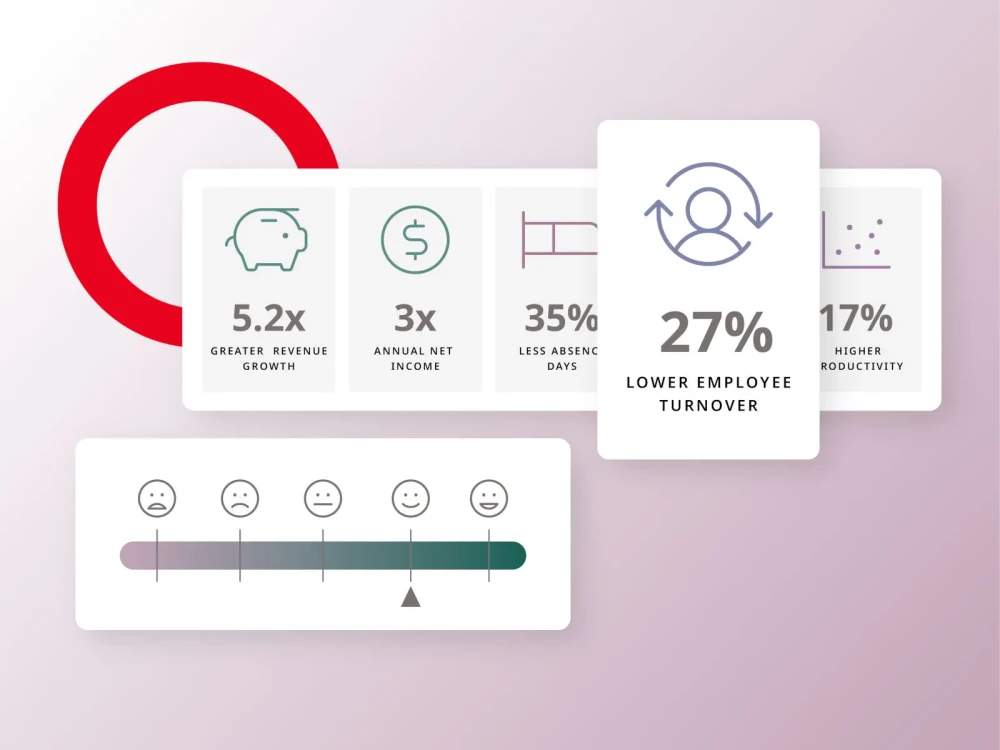Understanding the human element in digital transformation
Digital transformation transcends mere technological implementation; it’s about the impact of these technologies on people—employees, customers and stakeholders. For digital buyers, recognizing the human element means opting for a CMS that enhances user experience, encourages collaboration and meets the diverse needs of its users.
User-friendly CMS interface for enhanced productivity
A CMS should be intuitive and user-friendly, enabling users of all technical levels to manage and publish content efficiently. This ease of use is essential for maintaining productivity and ensuring the CMS facilitates, rather than hinders, the digital transformation process.
Personalization: catering to diverse user needs
A CMS in the digital transformation era must address varied user needs through personalization. It should offer tailored experiences for different user groups, whether customers seeking relevant content or employees needing specific tools, ensuring the CMS adapts to various requirements effortlessly.
Collaboration features to foster teamwork
Collaboration is a cornerstone of digital transformation. The ideal CMS should support teamwork with features that enable easy sharing, communication and joint content creation, thus enhancing team efficiency and creativity.
Training and support for smooth transition
Transitioning to a new CMS can be challenging. Selecting a CMS that provides comprehensive training and support is crucial for a seamless shift, ensuring all users are comfortable and proficient with the new system.
Module
Feedback mechanisms for continuous improvement
A CMS with feedback collection and analysis capabilities is invaluable for ongoing improvement. This feature allows digital buyers to gauge user experiences and preferences, making necessary adjustments to better meet user needs.
Scalability to accommodate growth
As digital transformation evolves, so should the CMS. It must be scalable, capable of adapting to the business’s and its users’ growing needs, ensuring long-term value and adaptability to changing demands.
Security and compliance for user trust
In the digital age, security and compliance are paramount. A CMS that prioritizes data security and adheres to compliance standards is vital for building and maintaining trust among users, an essential aspect of the human element in digital transformation.
Conclusion
For digital buyers, the human element is a critical factor when evaluating a CMS for digital transformation. A CMS that is user-friendly, customizable, collaborative, supportive, feedback-oriented, scalable and secure addresses the human side of digital transformation, ensuring technology serves people effectively.
When assessing CMS options for your digital transformation, focus on those that align with your organization’s human aspects. Look for features that enhance user experience, promote collaboration and ensure security. Remember, the success of your digital transformation lies in how well your chosen technology resonates with and supports the people at the core of your organization.






